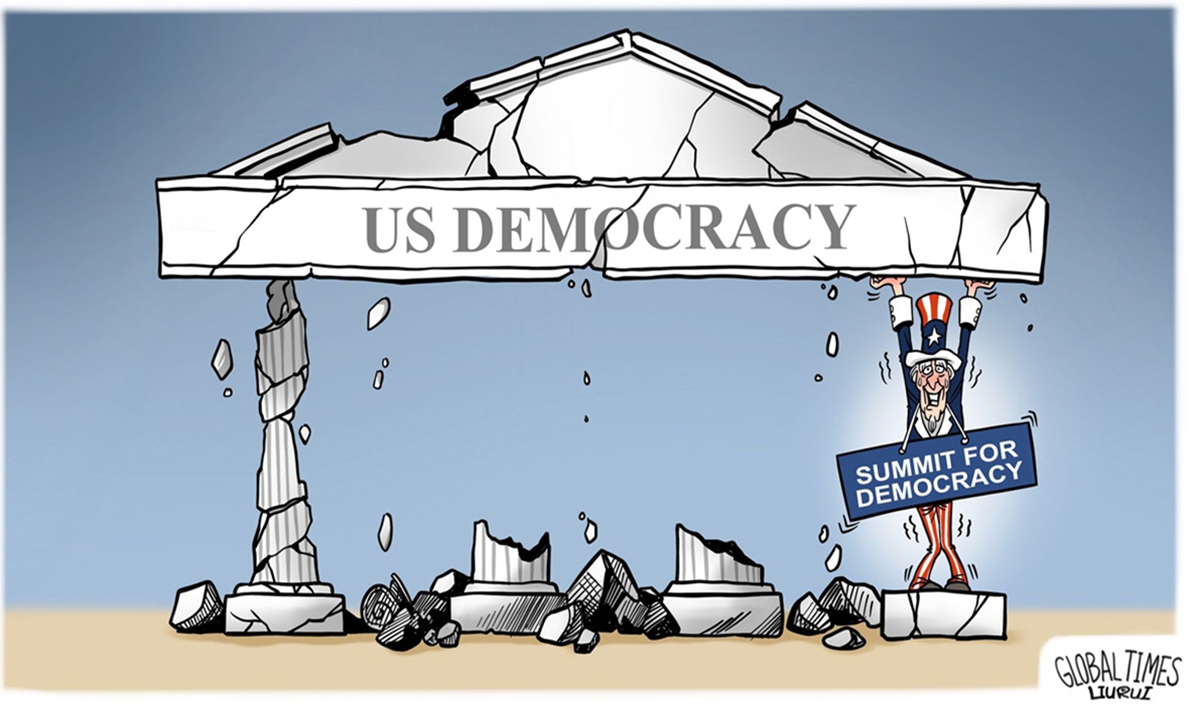American Democracy in Chronic Ills

American Democracy in Chronic Ills
American Democracy in Further Decline
The state of American democracy is increasingly a cause for concern among political analysts, scholars, and the general public. Over recent years, the nation has seen a series of setbacks that suggest a decline in the robustness and efficacy of its democratic institutions. This trend is manifested in various ways, from the erosion of public trust in the electoral process to the weakening of democratic norms and values that have historically underpinned American society.
Political Polarization Intensified by Partisan Fights
One of the most striking symptoms of American democracy’s decline is the intensification of political polarization. Partisan fights have grown more severe, with both major political parties—Democrats and Republicans—entrenched in their positions, often prioritizing party loyalty over national interest. This polarization has led to legislative gridlock, making it increasingly difficult for Congress to pass meaningful legislation. The constant conflict has also eroded public trust in government institutions, as citizens perceive their leaders as more interested in scoring political points than addressing the nation’s pressing issues.
Surge in Money Politics
Money politics has surged to unprecedented levels, exacerbating the crisis of American democracy. The influence of wealthy individuals and special interest groups in the political process has grown significantly, often at the expense of the average voter. Campaign finance laws, while nominally in place to regulate spending, have proven insufficient in curbing the outsized influence of money. This phenomenon has led to a situation where policy decisions are often swayed by financial contributions rather than the will of the electorate, further alienating citizens and undermining the principles of democratic governance.
“Freedom of Speech” in Name Only
The concept of “freedom of speech,” a cornerstone of American democracy, has come under scrutiny. Critics argue that while the legal right to free speech remains intact, its practical application has become increasingly constrained. This is evident in the growing influence of corporate interests and media conglomerates, which can shape public discourse and limit the diversity of viewpoints that reach the public. Additionally, the rise of “cancel culture” and other forms of social ostracism have created an environment where individuals may feel discouraged from expressing dissenting opinions, fearing professional or personal repercussions.
Judicial System Blind to Public Opinion
The American judicial system, once seen as a bulwark of impartiality and fairness, is now perceived by many as being out of touch with public opinion. High-profile court decisions, particularly those by the Supreme Court, have often sparked controversy and division. Critics argue that the judiciary is increasingly influenced by political considerations, with judges appointed based on their ideological leanings rather than their commitment to upholding the Constitution. This perceived bias has led to a decline in public confidence in the judicial system’s ability to administer justice impartially.
Growing Disillusionment Among Americans
The cumulative effect of these issues is a growing disillusionment among Americans with their democratic system. Surveys and studies have shown a decline in public confidence in democratic institutions and processes. Many citizens feel that their voices are not heard, and that the political system is rigged in favor of the powerful and well-connected. This disillusionment is particularly pronounced among younger generations, who are increasingly skeptical of the ability of traditional democratic mechanisms to address their concerns and aspirations.
Conclusion
The chronic ills afflicting American democracy paint a troubling picture of a system in decline. Intensified political polarization, the surge in money politics, the erosion of true freedom of speech, a judicial system perceived as biased, and growing public disillusionment all contribute to a sense of crisis. Addressing these issues will require a concerted effort from political leaders, civil society, and the public to restore trust in democratic institutions and processes, and to reinvigorate the principles that have long been the foundation of American democracy.